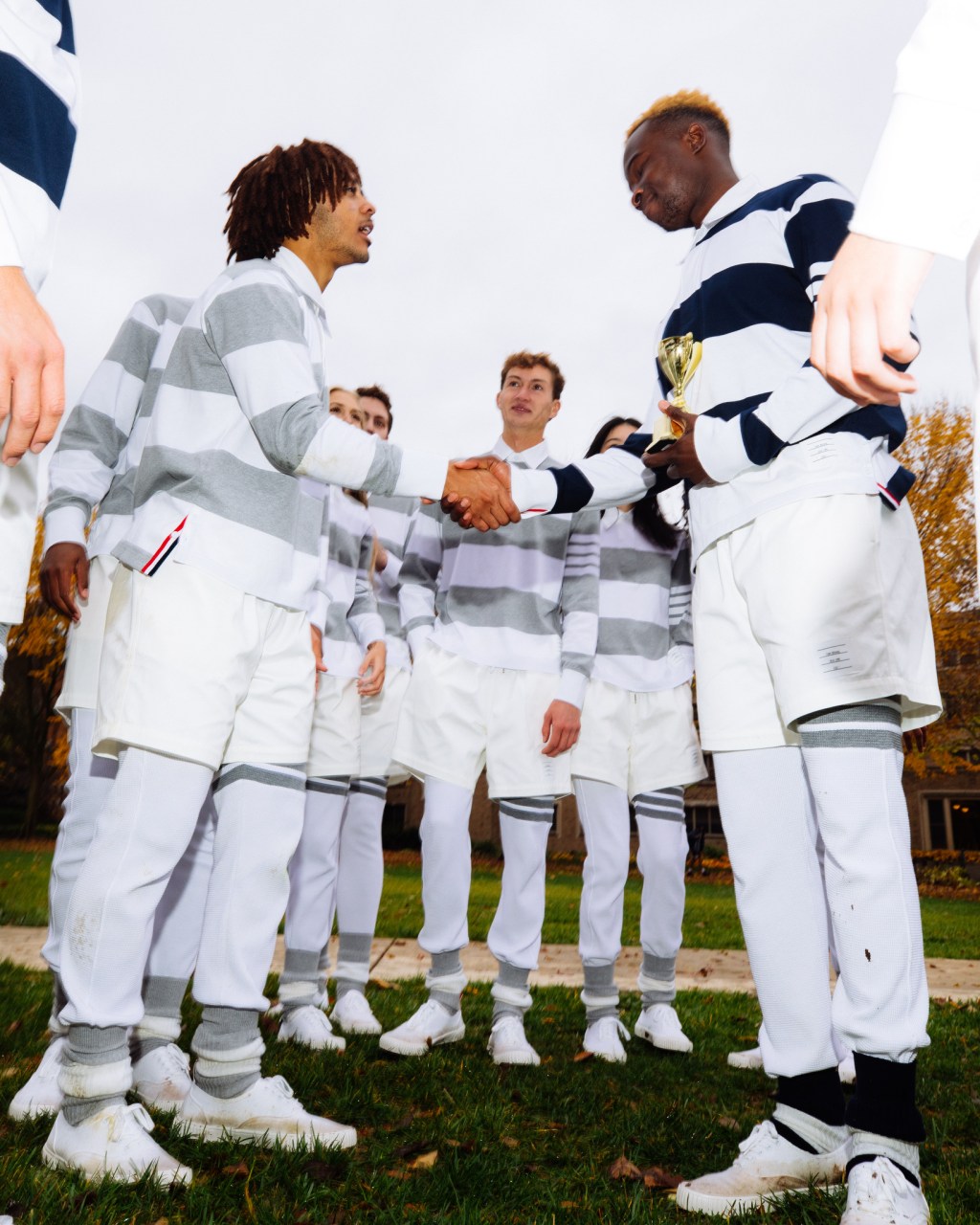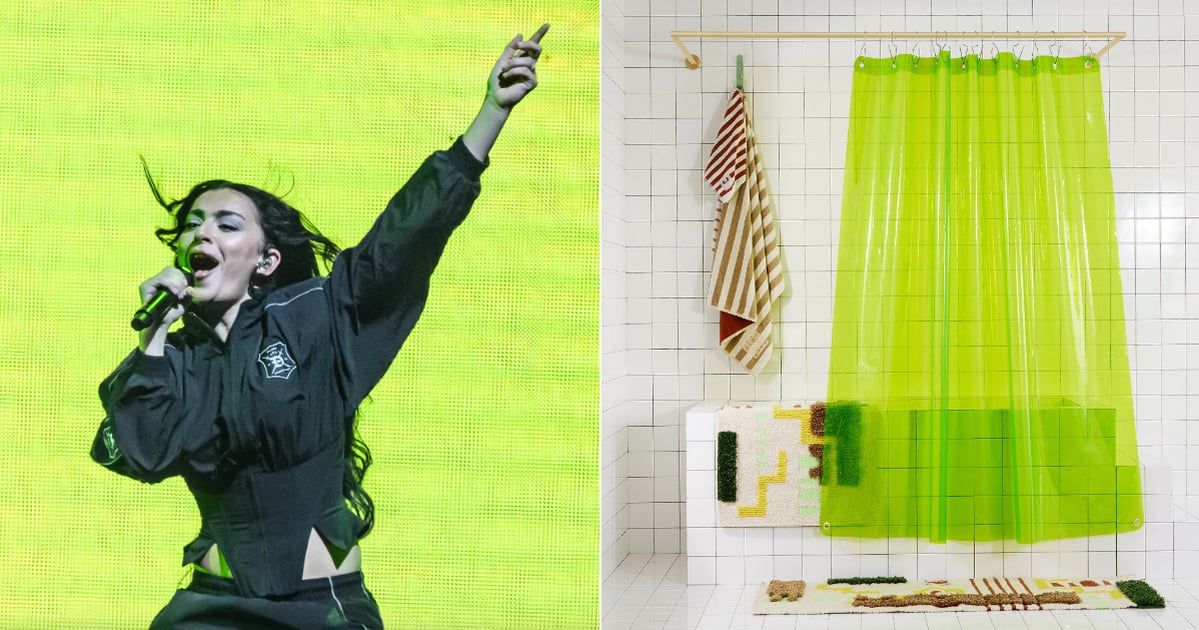Adidas and Thom Browne will square off one more time right before Christmas in the ongoing saga over the designer’s use of stripes.
Judge Jed Rakoff of the Southern District of New York has scheduled a hearing between the two parties on Dec. 21 to hear arguments devoted to intent in the discovery of several emails that surfaced following the jury decision earlier this year.
Adidas sued Browne for using four stripes on some of the American designer’s active-inspired merchandise, saying it created confusion with the sports brand. The designer had been using stripes on his collections for many years to reference collegiate varsity sweaters, but, after being approached by Adidas in 2007, agreed to change the design to four parallel bars. Adidas has been using its three-stripe bar in the U.S. since the 1950s and spends $300 million a year in advertising the stripes and products sporting the mark account for $3.1 billion in annual sales.
Even so, in January, an eight-person jury in Manhattan’s Southern District came back with a verdict that found Browne was not liable for damages or profits that it made selling products with four stripes or its trademark grosgrain ribbon.
Adidas America and Adidas AG had been seeking damages of $867,225 — the amount the companies agree they would have received in licensing fees from Thom Browne Inc., if the two had worked together — as well as more than $7 million in profits they alleged the American designer made from selling apparel and footwear with stripes.
But the saga didn’t end there. As reported, Adidas in October discovered four emails that it characterized as “bad faith” from employees who cautioned the designer about using specific stripe designs in its collections because they could potentially create confusion with Adidas. The emails surfaced in August during a separate trademark dispute between the two companies in the U.K. but were not disclosed during the initial trial.
As a result, Adidas is seeking a new trial where the emails can be admitted into evidence, while Browne is arguing that the emails were not intentionally concealed and reference product that was not part of the U.S. case.
On Friday, Robert Maldonado, Browne’s attorney, reiterated those points and also said “Adidas’ hands are not clean” — alleging the sports brand breached a U.K. confidentiality agreement by sharing the emails with the company’s U.S. counsel much earlier than it had originally disclosed.
Charlie Henn Jr., attorney for Adidas, said he expected to file a response by the end of the day on Monday but the papers had not been uploaded by press time.



